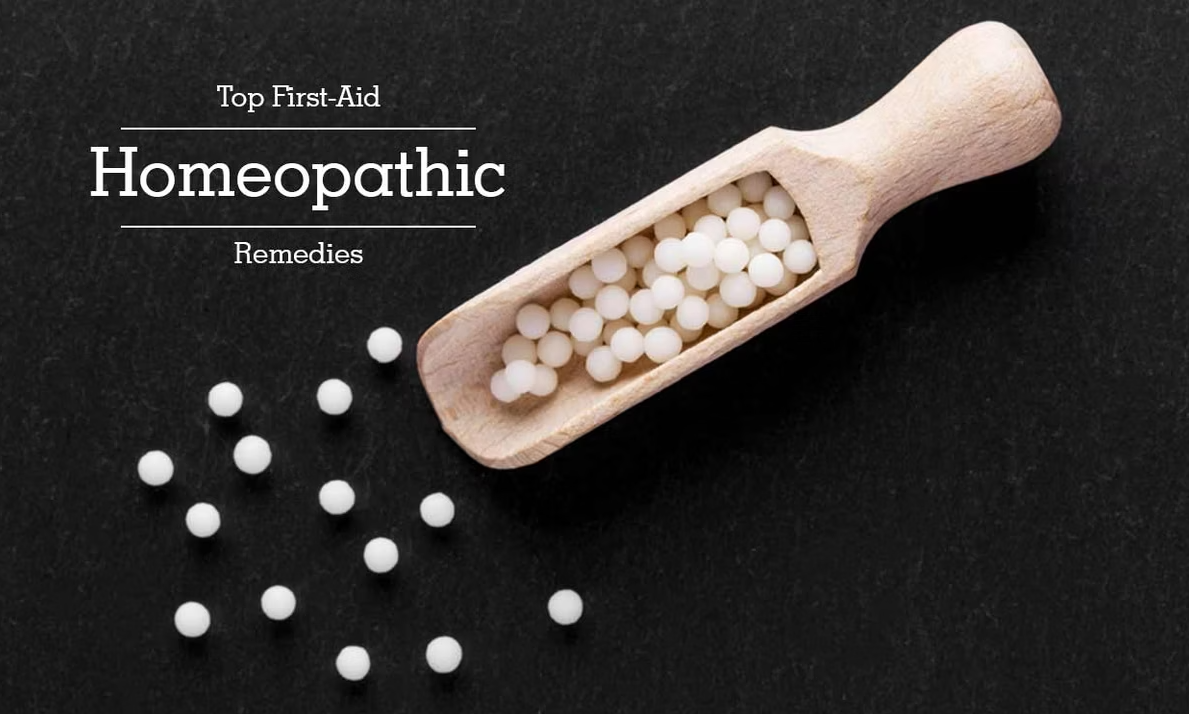
- Case Studies, Homeopathy
- August 28,2024
- BY Shelly Sharma
- 0 Comments
Case Studies and Insights
When people think of emergency care, they often imagine fast-acting treatments, usually provided by conventional medicine. However, what many don’t realize is that homeopathy can also play a vital role in acute and emergency situations. While it is widely recognized for its effectiveness in chronic conditions, homeopathy has the potential to support the body’s natural healing process during emergencies, often in conjunction with allopathic medicine.
The Role of Homeopathy in Acute and Emergency Situations
Homeopathy operates on the principle of stimulating the body’s defense mechanisms, aiming to restore balance (homeostasis) in the face of illness or injury. In emergency care, this approach can complement conventional treatments, particularly in cases where patients are not responding well to standard allopathic medications. By supporting the body’s innate ability to heal, homeopathic remedies can help manage symptoms, reduce suffering, and improve overall outcomes.
Case Studies: Homeopathy in Action
- Case Study 1: Severe Asthma Attack
- Patient Background: A 35-year-old woman with a history of asthma was admitted to the emergency room with a severe asthma attack. Despite receiving bronchodilators and steroids, her condition remained critical, with little improvement.
- Homeopathic Intervention: In conjunction with allopathic treatment, the homeopathic remedy Arsenicum Albumwas administered, tailored to her symptoms of extreme restlessness, anxiety, and respiratory distress.
- Outcome: Within a short period, the patient began to show signs of improvement. Her breathing stabilized, and she reported feeling less anxious. This combined approach allowed her to recover more swiftly, reducing the need for prolonged hospitalization.
- Case Study 2: Acute Gastroenteritis
- Patient Background: A 28-year-old man presented with severe vomiting and diarrhea due to acute gastroenteritis. Despite being given intravenous fluids and antiemetics, his symptoms persisted, and he showed signs of dehydration.
- Homeopathic Intervention: The remedy Veratrum Albumwas selected based on his profuse vomiting, diarrhea, and cold sweat. It was administered alongside rehydration therapy.
- Outcome: The patient’s symptoms began to subside within hours, and he was able to retain fluids. His overall recovery was faster than expected, and he experienced less discomfort during the process.
- Case Study 3: Traumatic Injury
- Patient Background: A 45-year-old man was brought to the emergency room after a car accident, suffering from multiple contusions and a suspected concussion. His pain was severe, and he was in a state of shock.
- Homeopathic Intervention: In addition to standard trauma care, Arnica Montanawas given to address the shock, bruising, and pain.
- Outcome: The patient reported a significant reduction in pain, and his vital signs stabilized. His recovery was smoother, with less swelling and bruising than typically expected in such injuries.
The Benefits of Homeopathy in Emergency Care
One of the most significant advantages of integrating homeopathy into emergency care is its ability to stimulate the body’s natural defense mechanisms. This can lead to a more balanced and rapid recovery, particularly in cases where conventional treatments alone are not fully effective.
- Enhanced Response to Treatment: In some cases, homeopathic remedies can “kickstart” the body’s response to conventional medications, allowing for a more effective and rapid recovery.
- Reduction in Suffering: Homeopathy can help alleviate symptoms that are not fully addressed by allopathic medicine, such as anxiety, pain, or restlessness, improving the patient’s quality of life during recovery.
- Holistic Support: By considering the whole person—physical, emotional, and psychological—homeopathy provides a more comprehensive approach to emergency care, addressing not just the immediate symptoms but also the underlying state of the patient.
- Minimal Side Effects: Homeopathic remedies are known for their lack of side effects, making them a safe complement to conventional emergency treatments.
Conclusion: The Future of Homeopathy in Emergency Care
While homeopathy is not a replacement for conventional emergency medicine, it can serve as a valuable adjunct in acute and emergency situations. The ability of homeopathic remedies to stimulate the body’s self-healing mechanisms makes them particularly useful in cases where patients are not responding well to allopathic treatments.
As more practitioners and patients become aware of the potential benefits of homeopathy in emergency care, we can expect to see an increase in its integration into mainstream medical practices. This holistic approach not only enhances patient outcomes but also offers a more humane and compassionate form of care, reducing suffering and improving the quality of life for those in crisis.
In a world where quick fixes are often prioritized, it is important to recognize that sometimes the best solutions involve supporting the body’s natural processes. Homeopathy provides a powerful tool for doing just that, even in the most critical of situations.







